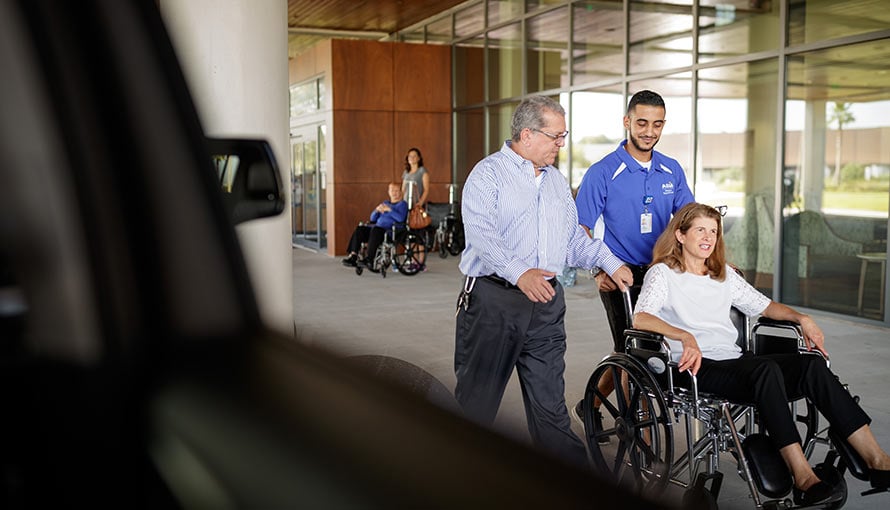
6 Keys to Becoming a CMA in Oncology
A medical assistant is a linchpin in the healthcare system, seamlessly blending clinical and administrative skills to support the practice of medicine and enhance patient care. The CMA (AAMA)® credential designates a medical assistant who has achieved certification through the Certifying Board of the American Association of Medical Assistants. This certification confirms the mastery of the requisite knowledge and skills and serves as a nationally recognized mark of excellence for both the medical assistant and their organization.
A CMA career in oncology offers unique opportunities to merge expertise, compassion and innovation, both in the service of patients and in the broader mission of advancing medical research and treatment.
This vital role requires:
Education and training
To become certified, a medical assistant must first complete formal education and training programs covering a diverse range of topics, including medical terminology, anatomy, physiology, pharmacology and clinical procedures. Upon completion, the aspiring CMA may then pursue certification through the AAMA, validating their competence in both clinical and administrative settings by passing a rigorous examination.
Clinical skills
A robust skill set is at the heart of the qualifications of a certified medical assistant. Trained to perform various tasks, such as taking vital signs, assisting with medical examinations and performing basic laboratory tests, a CMA can actively contribute to patient assessments and treatment procedures under the guidance of a physician.
Administrative proficiency
In addition to clinical duties, a certified medical assistant must excel in administrative tasks that are integral to the efficient functioning of a medical practice. From managing patient records and scheduling appointments to handling billing and insurance documentation, a CMA plays a vital role in maintaining the organized flow of operations in a healthcare setting.
A patient-centric approach
A defining characteristic of a certified medical assistant is a commitment to providing patient-centered care. A CMA interacts closely with patients, offering support, addressing inquiries and ensuring a comfortable experience. This empathetic engagement also involves understanding and helping to alleviate the physical and emotional challenges that many patients face during their healthcare journey.
A collaborative mindset
A certified medical assistant is a valuable team player who collaborates with physicians, nurses and other healthcare professionals. The ability to communicate effectively is paramount to facilitating the seamless coordination of patient care. Whether relaying important information between team members or assisting in care transitions, a CMA contributes to the holistic and well-coordinated delivery of healthcare services.
Continuous professional development
In the ever-evolving healthcare landscape, a certified medical assistant must be committed to continuous learning and professional development. By staying abreast of advances in medical technology, healthcare regulations and best practices, a CMA can provide the highest standard of care and remain a valuable asset to the healthcare teams—and patients—they support.
Certified medical assistant opportunities in oncology at Moffitt Cancer Center
If you are driven by a passion for patient care, a commitment to excellence and a desire to contribute to groundbreaking advancements in cancer treatment, consider a career as a certified medical assistant at Moffitt. Collaboration is at the core of our success, and we foster a workplace environment that encourages diverse perspectives and collective efforts to enhance patient outcomes.
Working alongside renowned oncologists, nurses and researchers, you will be an integral part of a cohesive team at Moffitt, where your support will be recognized, valued and celebrated. Apply now, and join us in the pursuit of a world without cancer, where every contribution, including yours, can take us one step closer.
